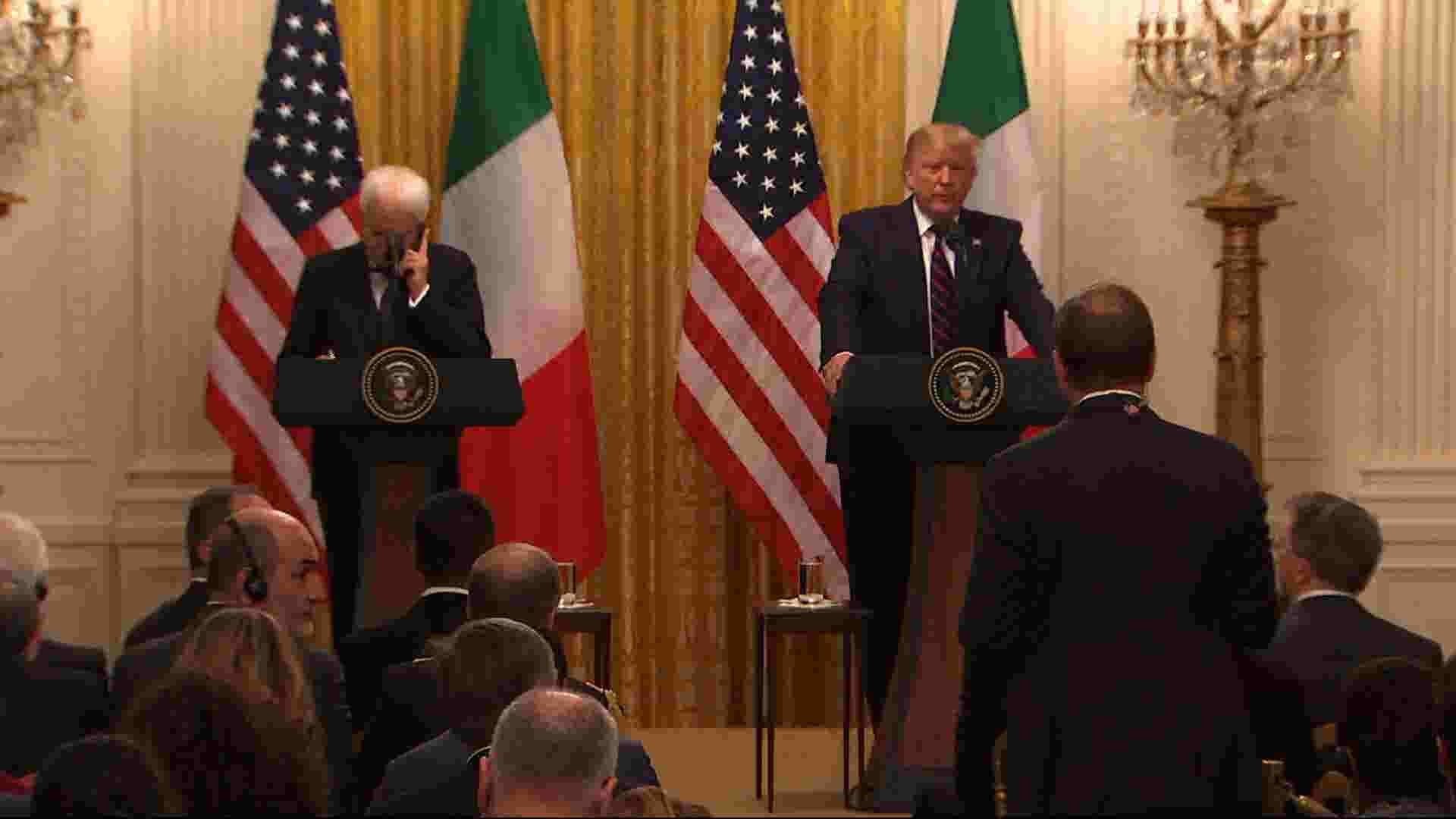For months, the international community and those interested in the Syrian file have closely watched the steps of the US administration in dealing with the Syria crisis.
Rumors spread right, left, and center about US desire to ignore the file, unlike the previous administration, after the US Treasury officially announced its amendments to Syria sanctions, allowing “limited dealings” with the regime, under the guise of humanitarian support for NGOs.
In a US Treasury statement released on Wednesday, the administration introduced amendments that expand the authorizations for nongovernmental organizations to engage in certain transactions and activities.
The expansion allows NGOs to have new investments in Syria, purchase of refined petroleum products of Syrian origin for use in Syria, and certain transactions with elements of the Government of Syria.
The US Treasury underlined six “non-profit” new investment activities that will be allowed in Syria.
These new transactions and activities are authorized only in support of the not-for-profit activities already approved under the general license, including humanitarian projects that meet basic human needs, democracy-building, projects supporting education, non-commercial development projects directly benefiting the Syrian people, and activities to support the preservation and protection of cultural heritage sites.
The new amendments are not the only decision taken by the Biden administration.
They followed a number of decisions, such as halting the extension license given to Delta Crescent Energy LLC to explore and extract oil from wells located east of Syria in areas under the Kurdish Syrian Democratic Forces (SDF) control.
Moreover, the Biden administration chose to remain neutral and not prevent some Arab countries from normalizing ties with the Syrian regime. Finally, the administration did not appoint a special envoy for Syria, contrary to what the previous administration was working on.
One of the most important things that the US administration still claims to preserve and not change is the Caesar Act, which aims to protect civilians in Syria, whereby bipartisan US law allows imposing sanctions on any person, Syrian or foreign, who provides assistance to the regime’s military operations or construction, engineering, energy, and aviation sectors in the country.
During the last six months of the Trump administration, the Caesar Act and other powers were used to issue more than 100 penalties on the Syrian regime and its elements, including members of the Assad family.
Under the current administration, President Joe Biden has so far issued one round of sanctions related to Syria, where he punished several regime prison officials and a Turkish-backed Syrian opposition group in July last summer.
Bassam Barbandi, a Syrian dissident and former diplomat at the Syrian embassy in Washington, saw that the new steps taken by the US administration in easing some sanctions for the work of humanitarian organizations in Syria are evidence of the US administration’s approach to facilitating the use of the sanctions tool in foreign policy.
The administration intends to use sanctions when needed, not indiscriminately.
More so, the Biden administration is adhering to its commitments to allowing the work and transit of humanitarian aid to and from Syria, “and this is the political management line and not a conspiracy.”
The State Department had requested $125 million in economic aid to Syria for the 2022 fiscal year.
Barbandi told Asharq Al-Awsat that the most important thing is the continuation of the humanitarian aid crossing from Turkey to Syria and ensuring the continuity of consensus between the Russians and the Americans.
Ensuring the US-Russia consensus in Syria will protect aid in the coming period.
Barbandi considered that Russia wants the Americans to show leniency in other matters for consensus to persist.
“Therefore, the new exceptions ease the transit of money for early recovery and ease the work of organizations and financial transactions in Syria.”
READ ALSO: Jordan-Israel Deal: Jordanians protest against water-for-energy deal with Israel
For his part, Heiko Wimmen, director of the Syria program at the International Crisis Group, saw the Biden administration’s announcement as another indication of its continued departure from former president Donald Trump’s policy on Syria.
“We are witnessing a general tendency [from the Biden administration] to show more flexibility about drawing the line between what counts as early recovery and hence falls under the humanitarian exception, and what is considered reconstruction,” Wimmen told The National.
Wimmen said, in theory, the move could strengthen the defense of the sanctions structure in Syria by focusing it on the Assad regime and not the people.
“By providing more precise and generous definitions of what is humanitarian, you can draw that distinction and perhaps also deflate some of the criticism against the sanctions regime,” Wimmen argued.













